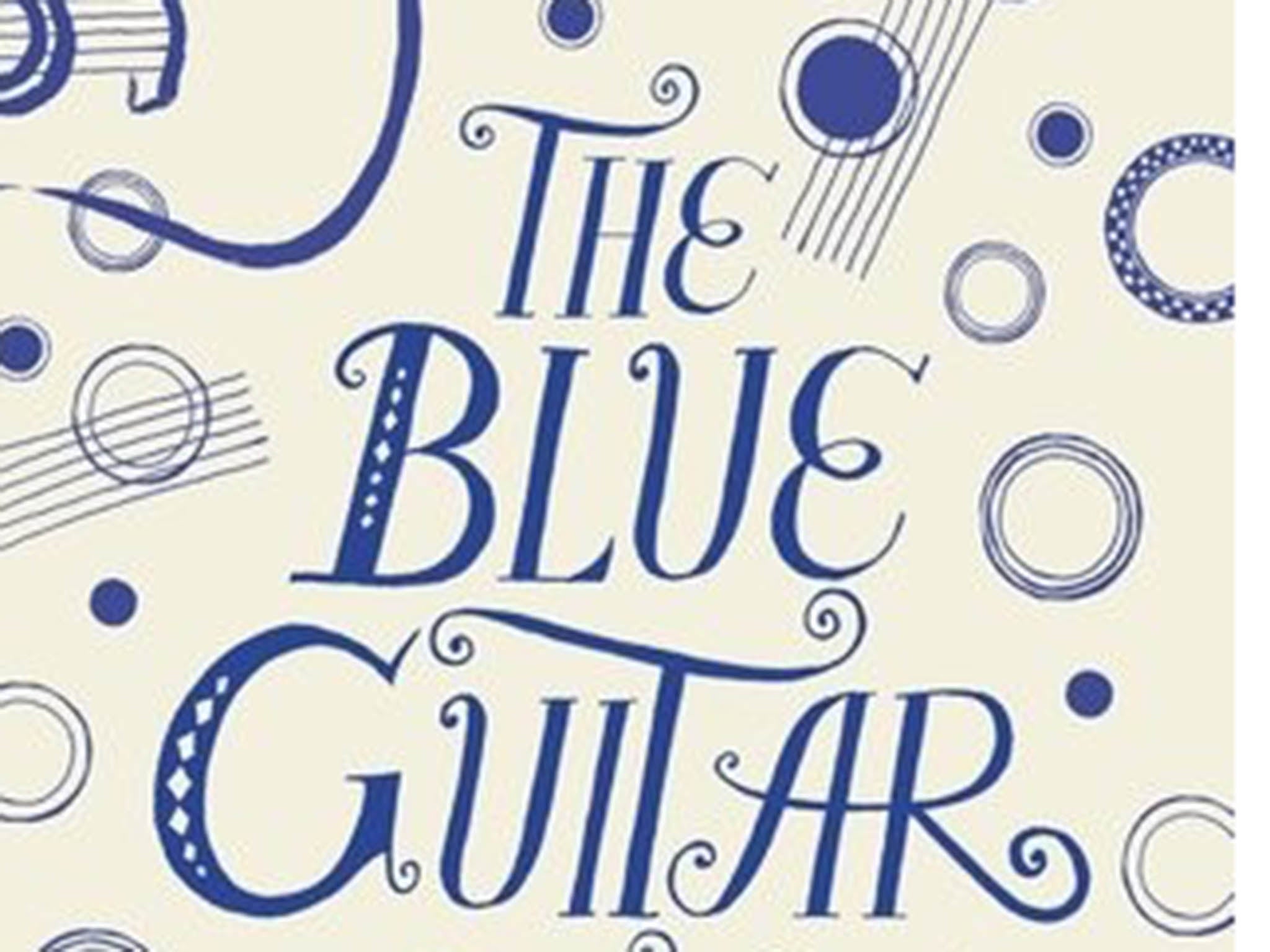John Banville, The Blue Guitar: 'Wake up, and smell the sorrow', book review
The first-person narration sweeps like a lighthouse beam from present to past and back again, illuminating the dark with a pitiless glare

John Banville’s characters are achingly human. Many have suffered harrowing experiences, such as Max Morden’s childhood trauma in the Booker-winning The Sea (2005) or Alexander Cleave’s teenage affair with an older woman in Ancient Light (2012). Loss haunts them – Morden’s sorrow for his dead wife, Cleave’s grief for his daughter in Eclipse (2000).
They are often flawed, too. Freddie Montgomery in The Book of Evidence (1989) is an art thief while Alex Vander in Shroud (2002) is an anti-Semite and identity fraudster.
The narrator of The Blue Guitar, the blocked artist Oliver Orme, has lost a child, and has a penchant for stealing, though he assures us that he doesn’t need what he takes. His kleptomaniacal urge is not restricted to lifting useless trinkets from acquaintances, though: he has stolen his best friend Marcus’s wife Polly.
But just as he doesn’t really want the ornaments, he doesn’t really want Polly – not enough to make a commitment to her when she leaves Marcus.
So, he runs away to a place he knew in childhood, the home his parents rented, somewhat inexplicably still supplied with a phone, cooker, furniture, teapot and cutlery.
The book is his story of what happens subsequently, and his first-person narration sweeps like a lighthouse beam from present to past and back again, illuminating the dark with a pitiless glare.
Every page is jewelled with startlingly evocative images. His prose is a feast for all the senses.
With just a few words, stunning visual pictures emerge; “rooks ... wheeling haphazard like scraps of char from a bonfire”. Smells rise from the page – Polly’s “hot smell ... fleshy and humid”, and her hair like “fusty biscuits”; her bereft husband, distraught and sodden, with the scent of “wet clothes and soaked hair” and “a trace of something else, raw and hot ... the smell of sorrow itself”. Sounds too – “the rain was whispering against the window panes with stealthy, lewd suggestiveness”.
Even touch – “the excitingly sandpapery feel of Polly’s goosebumped flesh.”
It is not just in the general that Banville excels, but in the particular too. Here, he enters the world of a painter.
References to artists conjure up vivid scenes – a Poussin sky; a picnic reminiscent of Manet’s Déjeuner sur l’Herbe; a reflection in a cracked mirror likened to one of Picasso’s Demoiselles d’Avignon, a shadow of a head like a Jean Arp.
Nor is it only aesthetics and sensual indulgence in which the reader is bathed. There are profound insights into emotions – the dulling effect of grief; the sense of falling on receiving bad news. The best of literature, rich, lush and moving.
The Blue Guitar, by John Banville. Published by Viking £14.99
Subscribe to Independent Premium to bookmark this article
Want to bookmark your favourite articles and stories to read or reference later? Start your Independent Premium subscription today.

Join our commenting forum
Join thought-provoking conversations, follow other Independent readers and see their replies